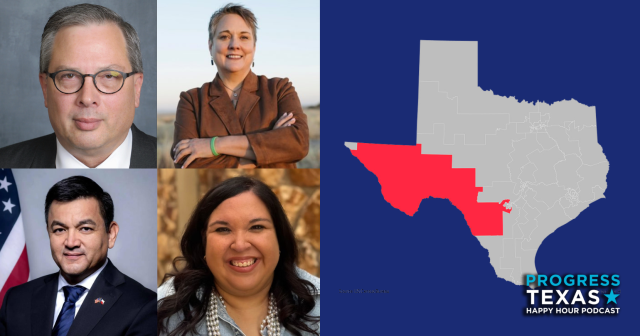"There's another thing coming between me and settling that lawsuit, and that's a law you voted on and helped pass in 2011, that removes from the Attorney General the ability to settle lawsuits just like this."
“This is a perfect example of Greg Abbott excuses that separate rhetoric from reality. Now that we've offered this research to the Attorney General, will he settle the suit?"
Here are the facts:
- On his opposition website highlighting his statement from the debate, Abbott cites Senate Bill 899 from 2011 as the law in question.
- That bill from 2011 slightly tweaked a previous bill, Senate Bill 2031 from 2007, which established Section 111 of the Texas Civil Practices and Remedies Code (see it in full by scrolling to page 440).
- SB 2031 from 2007 does limit the Attorney General's ability to settle lawsuit - but it also explicitly says (emphasis added):
A settlement described by Subsection (a) entered into without the prior consent or approval of the legislature is void unless the settlement is expressly conditioned on obtaining subsequent approval by the legislature in accordance with this chapter.
- On May 23, 2007, while discussing a 3rd reading amendment to SB 2031, Republican State Rep. Dan Gattis made it very clear that the attorney general can settle any case on the condition that the Legislature has to approve it. Starting at the 6:09:42 mark of the video archive of the Texas House floor from that day, Rep. Gattis says:
"One of the things that is also in the bill, was already in the bill, that says they can enter into an agreement that would commit us -- let's say it would cost a million dollars every bienneium forever - they can enter into that agreement as long as they make it contingent on us approving of that, which I don't think would be that big of a deal.
DONATE
Your donation supports our media and helps us keep it free of ads and paywalls.









